1. Pharmaceutical Ads on TV

If you’ve ever watched American TV, you’ve probably seen a commercial telling you to “ask your doctor” about some new medication. The U.S. is one of only two countries in the world (the other being New Zealand) that allows direct-to-consumer pharmaceutical advertising, according to Elisabeth Rosenthal from the Journal of Health Economics and Outcomes Research. In most countries, drug companies can only market their products to doctors, not the general public. The concern elsewhere is that these ads might pressure patients into asking for medications they don’t need, rather than relying on a doctor’s judgment.
Here in the U.S., however, it’s completely legal for pharmaceutical companies to spend billions on these ads every year. The argument is that they help inform consumers about treatment options, but critics say they drive up drug prices and over-medication. Many Americans have gotten used to seeing these commercials, complete with upbeat music and long lists of side effects. But if you traveled to most other countries, you’d never see a drug commercial during your favorite show.
2. Drinking at 21

In most parts of the world, you can legally drink at 18, and in some countries, the legal drinking age is even younger. But in the U.S., the minimum drinking age is 21, making it one of the highest in the world, according to Susan Bernstein from WebMD. This law came into effect in 1984 when the federal government pressured states to raise the drinking age by threatening to cut highway funding. The reasoning behind it is to reduce drunk driving accidents among young people, but it remains a controversial rule.
Many Americans are surprised to learn that in most of Europe, young adults can legally buy beer and wine at 16 or 18 without much fuss. Some argue that this allows people to learn responsible drinking habits earlier in life. In the U.S., though, college students under 21 often resort to sneaky methods to get alcohol, which can lead to riskier drinking behavior. Despite the debate, the 21-and-over rule remains firmly in place, making the U.S. an outlier in global drinking laws.
3. Corporate Political Donations
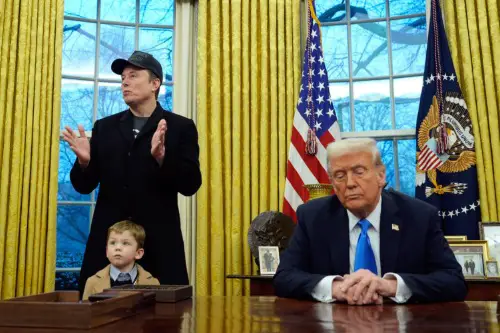
In most countries, corporations are either banned or severely restricted from donating money to political campaigns. However, in the U.S., businesses and special interest groups can pour unlimited funds into elections thanks to Supreme Court rulings like Citizens United v. FEC, according to the Federal Election Commission. This decision classified corporate political spending as a form of free speech, allowing companies and wealthy individuals to influence elections in ways that would be illegal almost anywhere else. Critics argue that it gives the ultra-rich and big businesses too much power over politics, drowning out the voices of ordinary citizens.
In contrast, countries like Canada, the UK, and France have strict limits on political donations to prevent corruption. Some nations, like Germany and Sweden, rely on public funding to keep elections fair and independent of corporate influence. In the U.S., however, Super PACs (political action committees) can raise and spend unlimited amounts, often funding attack ads and shaping political narratives. Whether you see it as a matter of free speech or a loophole for the wealthy, corporate political donations make the U.S. an outlier in the democratic world.
4. Class-Action Lawsuits
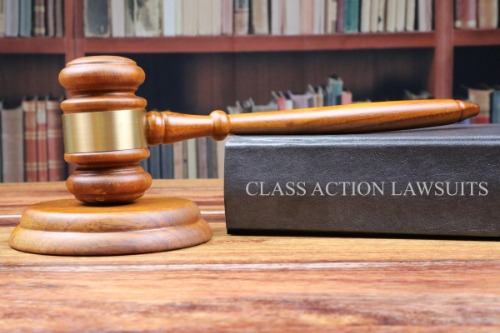
In most countries, if a big company wrongs a group of people, individuals have to sue separately, making legal battles costly and difficult. But in the U.S., class-action lawsuits allow a large group of people to sue a company together. These lawsuits have led to major settlements over issues like defective products, misleading advertising, and environmental damage. The idea is that they help hold powerful corporations accountable when they harm consumers.
However, other countries see class-action lawsuits as a legal headache that encourages frivolous litigation. Some argue that they lead to huge payouts for lawyers while individual victims receive only small compensation. Despite the criticisms, class-action lawsuits remain a powerful tool in the American legal system. Whether you see them as a necessary check on big business or a system ripe for abuse, they’re something you’ll find in very few places outside the U.S.
5. Bail for Profit
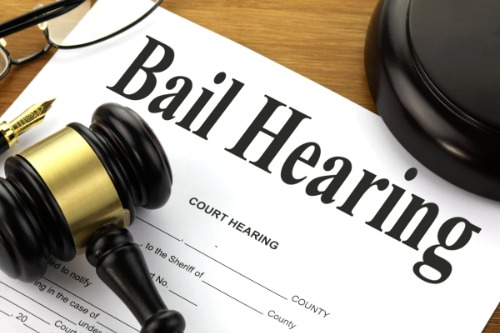
In most countries, if you get arrested, you either wait in jail until your trial or get released based on factors like flight risk. But in the U.S., the bail system allows private companies to post bail for defendants in exchange for a non-refundable fee, usually about 10% of the total bail amount. This for-profit bail system is almost unheard of elsewhere, with most nations considering it unfair to lower-income defendants, according to Stephanie Wylie from the Brennan Center for Justice. Critics argue that it creates a two-tier justice system where wealthier individuals can buy their freedom while poorer defendants stay behind bars.
Other countries either don’t require cash bail at all or have government-run systems that assess each case fairly. The U.S. system, however, fuels a multi-billion-dollar industry that benefits bail bond companies and insurance firms. Some states have started to reform bail laws to reduce reliance on cash bail, but it remains legal in most of the country. While it may be normal in the U.S., to most of the world, a system where private businesses profit from someone’s arrest is hard to imagine.
6. College Sports Scholarships
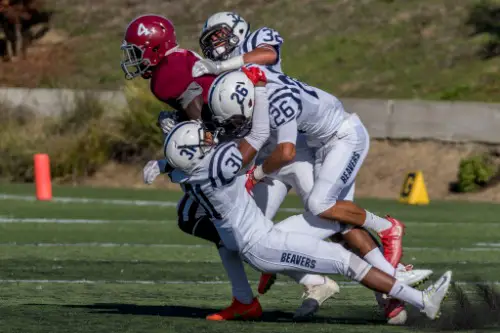
In most of the world, college sports exist, but they don’t have nearly the same level of importance as in the U.S. American universities offer full scholarships to top athletes, sometimes covering tuition, housing, and other expenses. This is almost unheard of in other countries, where academics take priority and college sports are more of an extracurricular activity. The idea of a student attending university almost entirely for their athletic ability is a very American concept.
While student-athletes do get an education, critics argue that the emphasis on sports can overshadow academics. In other countries, professional sports teams develop young talent through independent training academies rather than relying on universities. However, in the U.S., college football and basketball are massive industries that generate billions in revenue. Whether you love it or find it bizarre, the college sports scholarship system is uniquely American.
7. Drinking Raw Milk

In many countries, selling raw, unpasteurized milk is outright illegal due to the risk of bacterial infections. However, in many U.S. states, raw milk is perfectly legal and even promoted by some as a healthier alternative to pasteurized milk. Advocates claim that it contains beneficial bacteria and enzymes, but health officials warn that it can carry dangerous pathogens. Despite these risks, the sale of raw milk is allowed in several states, with some requiring warning labels.
Other nations, including Canada, Australia, and much of Europe, ban raw milk sales entirely or strictly regulate it. The fear of foodborne illness outweighs the potential benefits in their view. However, in the U.S., the idea of personal choice plays a big role in food laws, leading to ongoing debates about raw milk’s safety. It’s a perfect example of how American food regulations often prioritize individual freedom over government control.
8. Owning Exotic Pets

In many U.S. states, you can legally own animals that would be completely off-limits in most other countries. Tigers, alligators, monkeys, and even bears can be kept as pets in certain places, sometimes with just a simple permit. Some states, like Texas, have shockingly lax laws when it comes to exotic animal ownership. While the federal government restricts some animal sales, state laws vary widely, making it easier to own dangerous creatures than you might expect.
In contrast, many other countries strictly regulate exotic pet ownership due to concerns about public safety and animal welfare. Countries like the UK, Australia, and Germany have comprehensive laws preventing private citizens from keeping wild animals. Critics of the U.S. system argue that it leads to untrained individuals keeping dangerous pets that they eventually can’t control. Still, for those who dream of owning a pet tiger like in Tiger King, America is one of the few places where that dream can be a reality.
9. Lawyer Advertisements
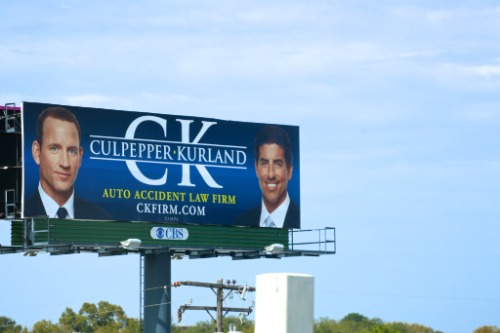
If you turn on the TV in the U.S., you’re bound to see a commercial featuring a lawyer promising big settlements for accident victims. This kind of legal advertising is completely normal in America, but in most other countries, it’s either banned or heavily restricted. Many places, including Canada and much of Europe, believe lawyer ads encourage unnecessary lawsuits and make the legal system feel more like a business. They argue that legal services should be about justice, not sales tactics.
The U.S., however, has taken a different approach, allowing law firms to market their services aggressively. Billboards, TV spots, and even social media ads for lawyers are everywhere, making legal services feel as accessible as ordering a pizza. Some Americans see it as a way to make legal help more available, while others believe it cheapens the profession. Either way, it’s another uniquely American quirk that most of the world finds strange.
10. Unrestricted Gun Ownership
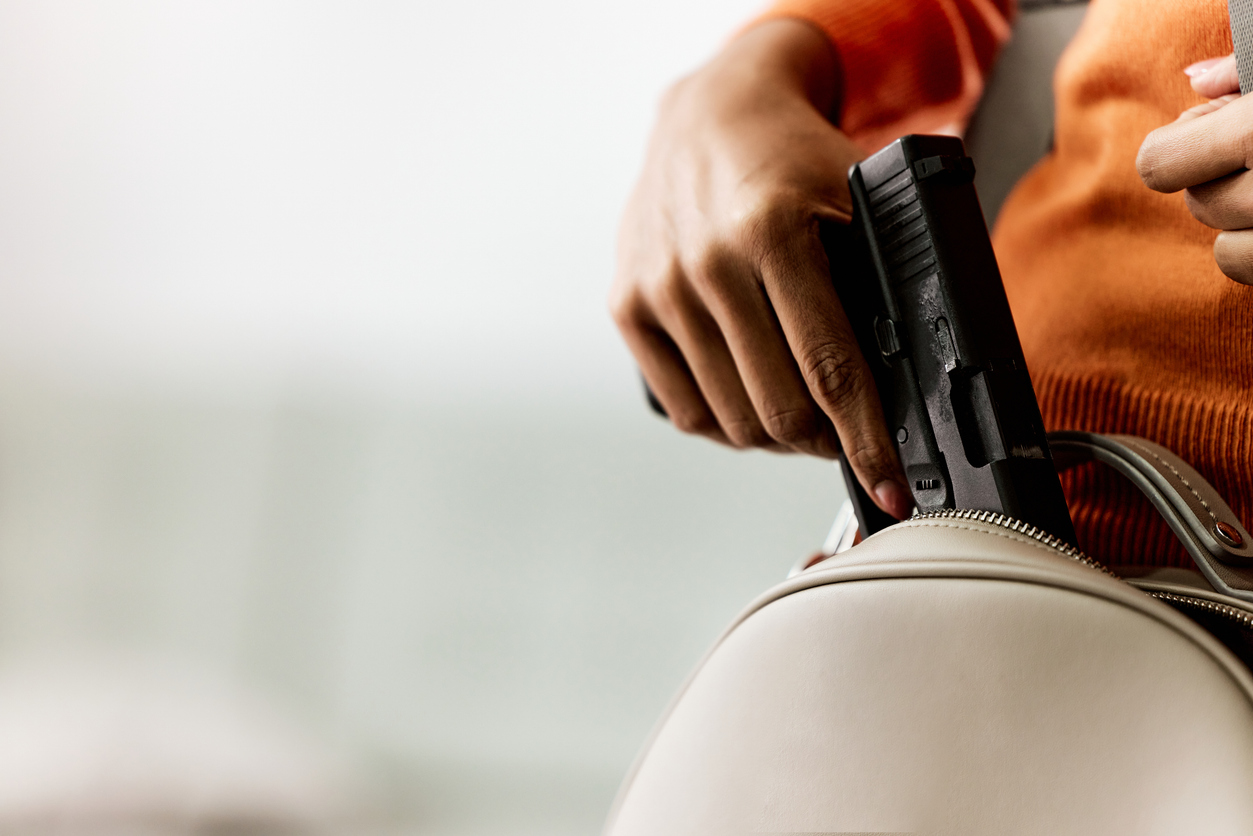
The U.S. has some of the most lenient gun laws in the world, with many states allowing citizens to buy and carry firearms with minimal restrictions. In contrast, most developed nations have strict regulations on gun ownership, requiring background checks, training, and even psychological evaluations. In countries like Japan, Australia, and the UK, private gun ownership is highly restricted, and the process to obtain a firearm is lengthy and difficult. The U.S., however, has a strong gun culture tied to the Second Amendment, which protects the right to bear arms.
This has led to millions of privately owned firearms and a gun industry that generates billions of dollars annually. While some Americans see it as a fundamental freedom, others point to the country’s high gun violence rates as a reason for stricter laws. Debates over gun control continue, with states setting their own rules on open carry, concealed carry, and assault weapons. No matter where you stand on the issue, there’s no denying that the U.S. takes a vastly different approach to gun ownership compared to the rest of the world.
11. Patent Trolls

In the U.S., people can legally buy up patents—not to use them, but to sue companies that might be infringing on them. These so-called “patent trolls” exist primarily to file lawsuits, hoping to extract settlements from businesses that would rather pay up than go to court. This practice is rare outside the U.S., where many countries have stricter patent laws designed to prevent this type of exploitation. The idea behind patents is to encourage innovation, but critics argue that patent trolls actually stifle it.
Since lawsuits in the U.S. can be expensive, small businesses and startups often become prime targets. Rather than using patents to create products, these entities rely on legal threats to make money. Some companies even buy up vague or outdated patents just to weaponize them against unsuspecting businesses. While some legal reforms have been attempted, patent trolling remains a uniquely American legal strategy that frustrates entrepreneurs and tech companies alike.
12. Paid Blood Donations

In most of the world, donating blood is exactly that—a donation, done purely for altruistic reasons. But in the U.S., plasma donation centers pay people for their blood plasma, turning it into a billion-dollar industry. This practice is banned in many developed countries due to ethical concerns about exploiting low-income individuals. Critics argue that when people donate blood for money, they may be less honest about their health conditions, increasing risks in the blood supply.
Despite the controversy, the U.S. supplies nearly 70% of the world’s plasma, with many donors relying on it as a source of income. Some plasma centers even offer frequent donor programs, allowing people to donate multiple times a month for steady cash. While supporters say it helps meet medical demand, others believe it raises ethical questions about whether people should have to sell their own bodily fluids to make ends meet. Love it or hate it, the paid plasma system is yet another thing that’s legal in the U.S. but rare elsewhere.


